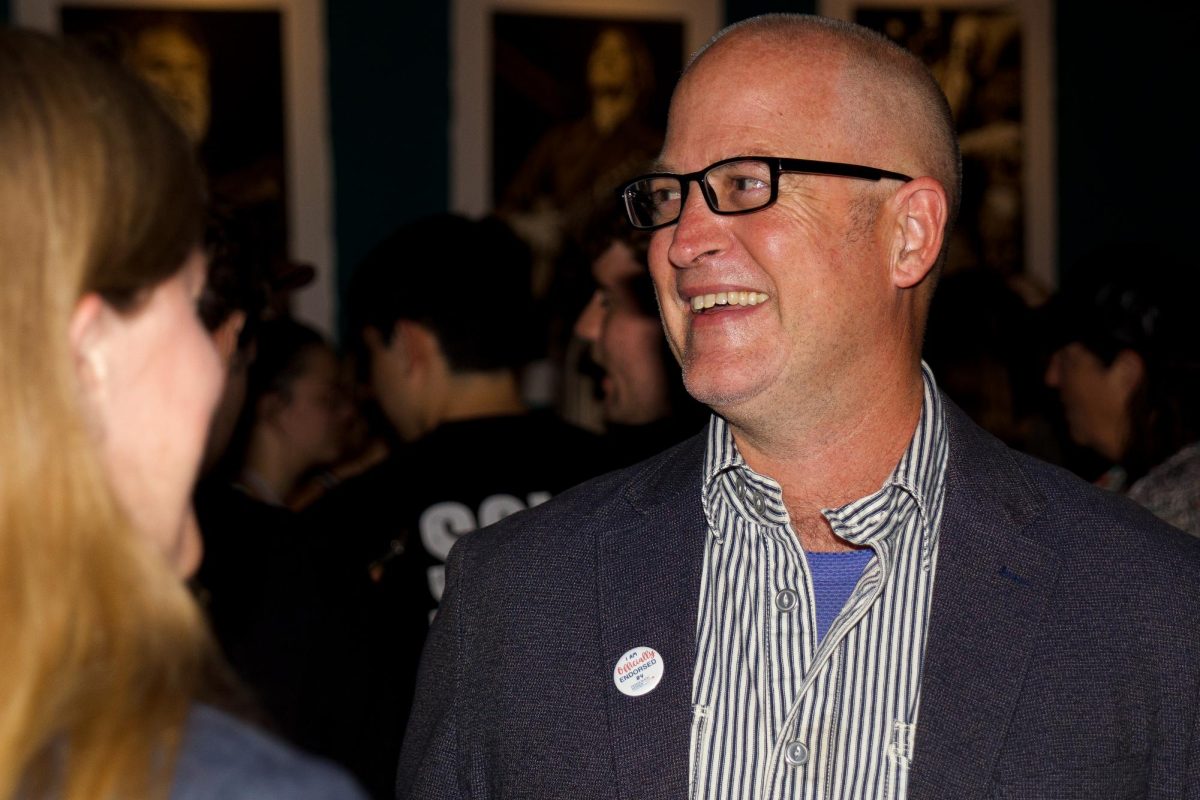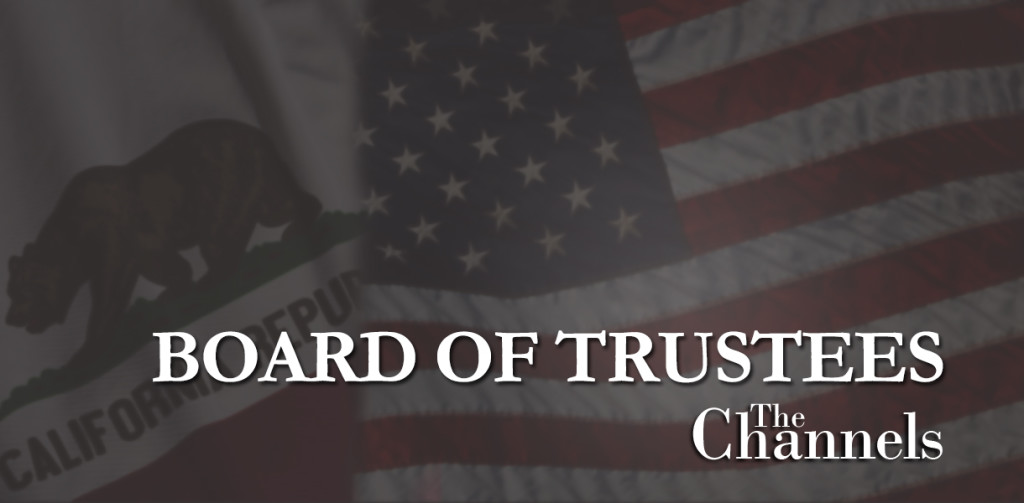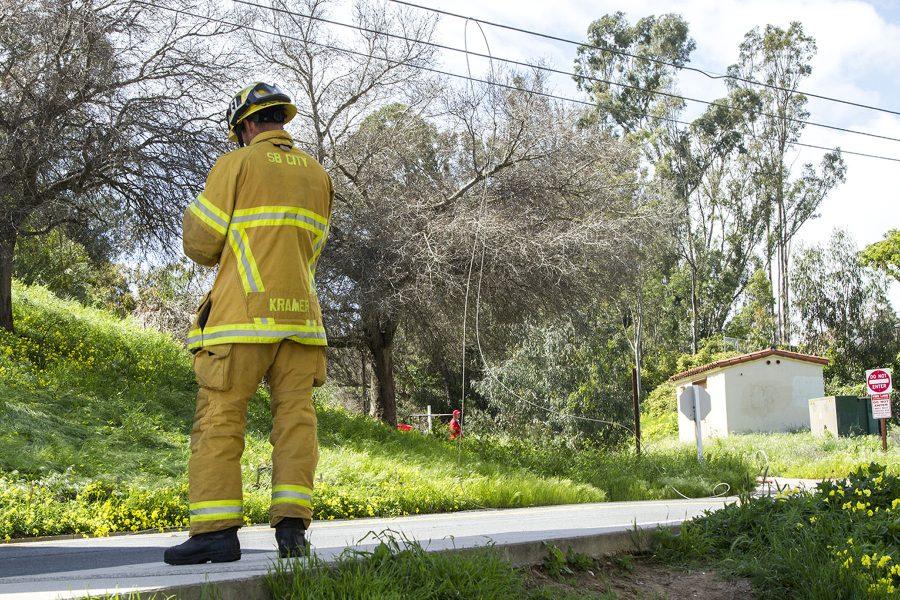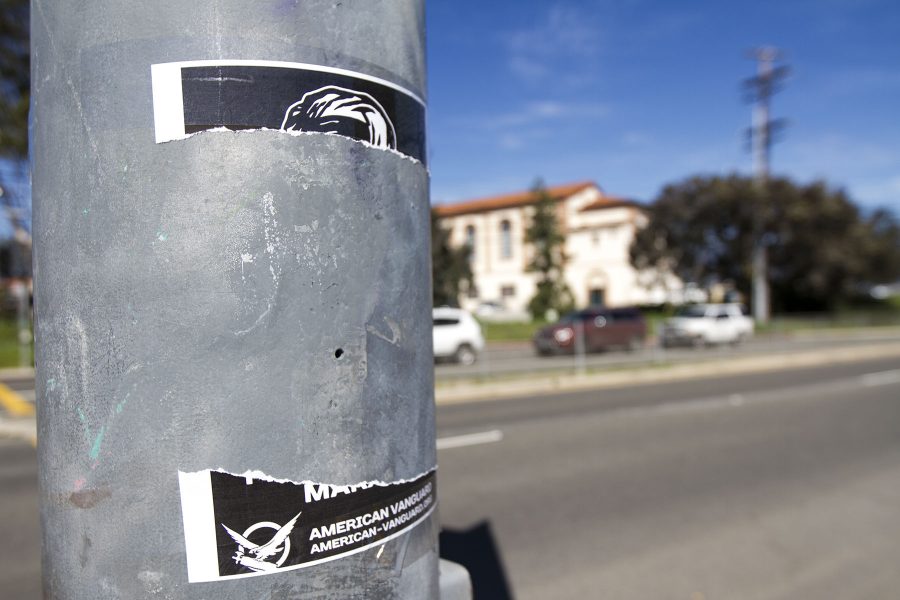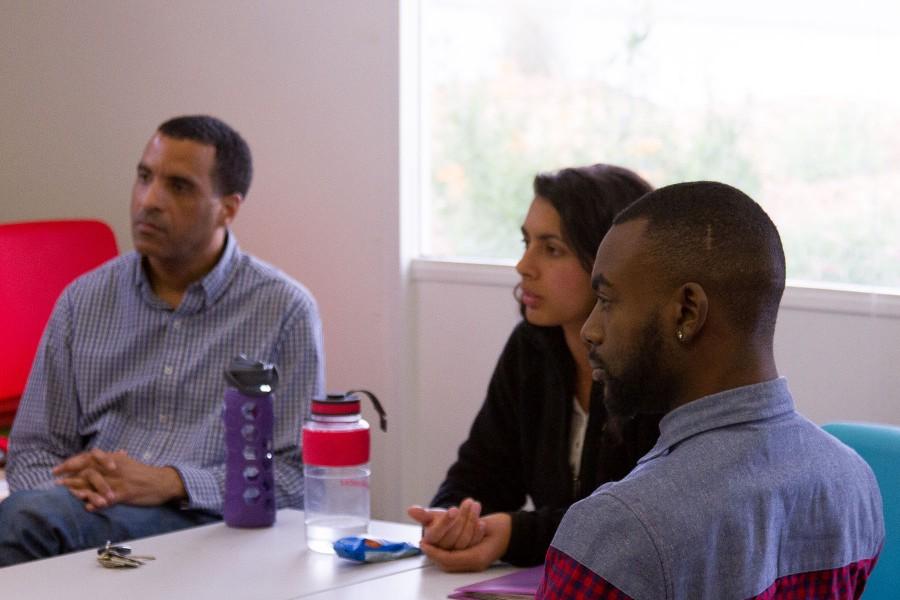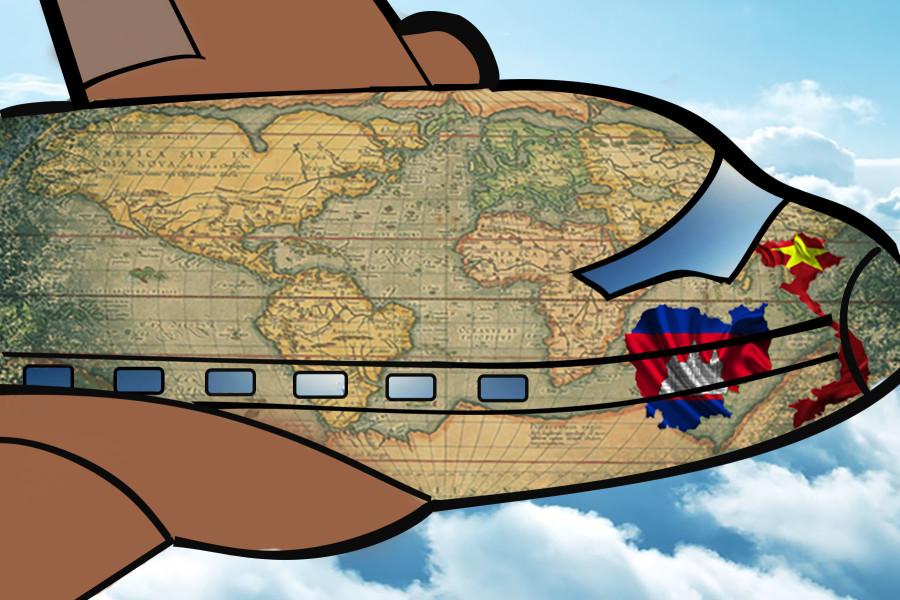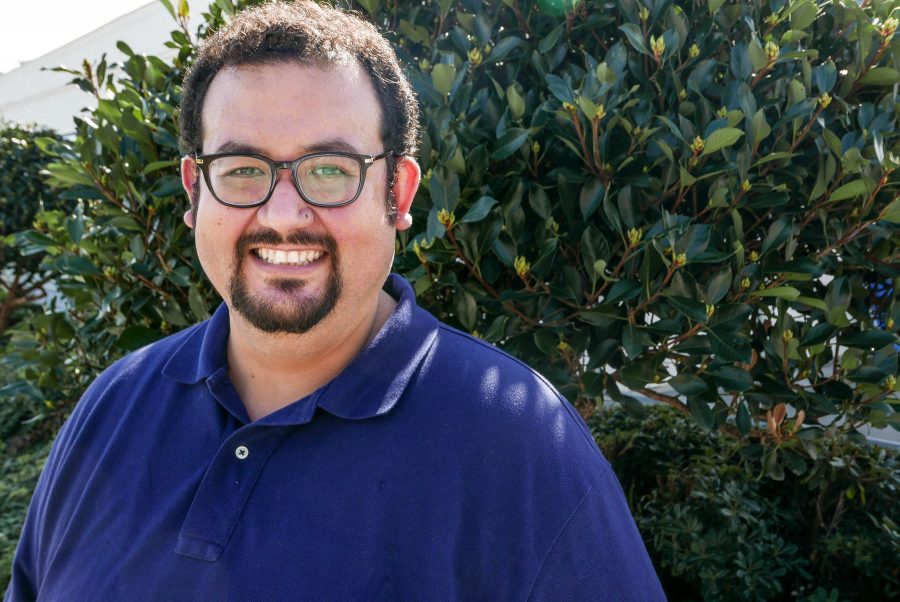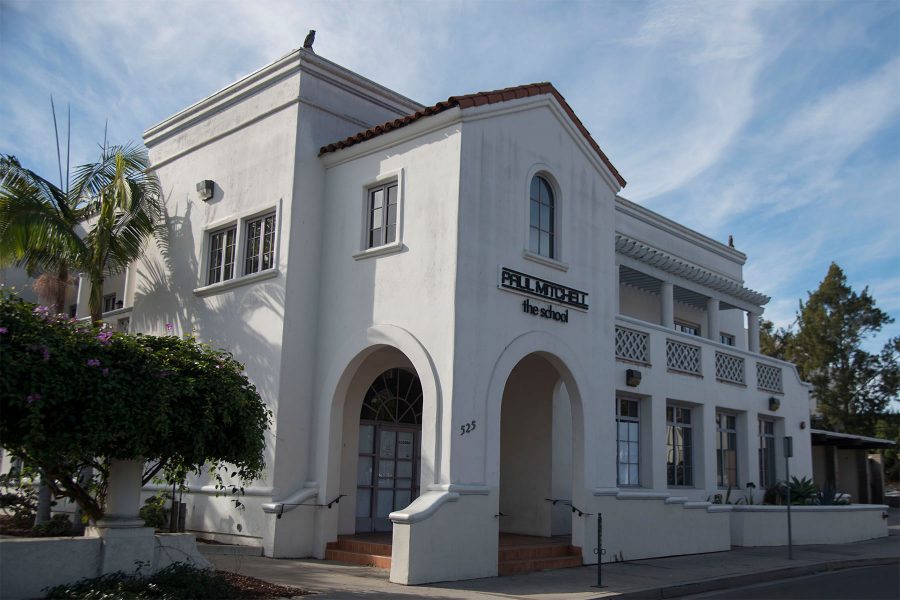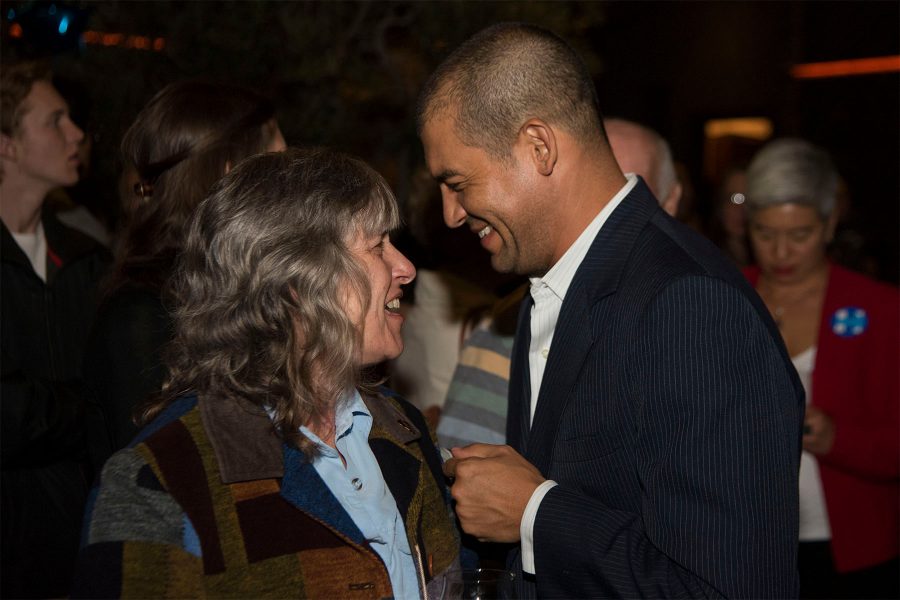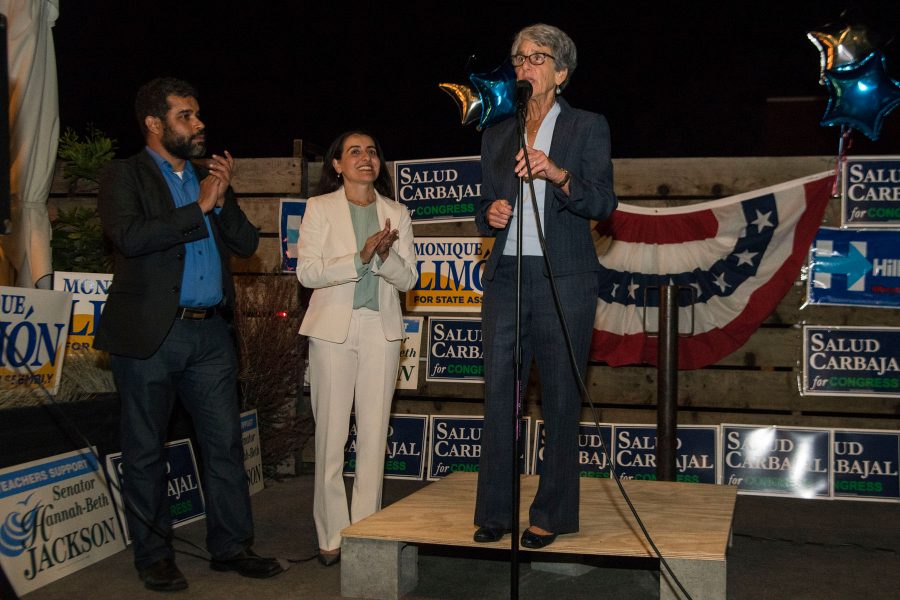A panel of seven faculty members lead a forum that addressed misappropriation in the context of several different cultures Tuesday at Garvin Theatre.
As they provided insight into cultural appropriation to an engaged but dwindling audience, the hope was that the impact would not be as fleeting. The forum was sponsored by the department of American ethnic studies and Student Equity Committee and the presentation was followed by an open mic for the participants to share their perspectives.
“You don’t overcome a lifetime of racism and oppression with one afternoon of a workshop,” said English Skills Professor Annette Cordero, who is also a member of the native Chumash tribe.
Cordero’s sentiments echoed those of her colleagues and several community members from the audience, who expressed a desire for the forum to be the first in a series of events that address the complexity of cultural appropriation.
“Cultural appropriation is unfortunately unavoidable when cultures come into contact,” said Craig Cook, department chair of American ethnic studies. “Marginalized cultures are taken and used by the dominant culture to serve the interests of the dominant group.”
Cook also said that harm can be caused through the misuse and distortion of heritage.
“There’s a very widespread notion that all Native people are the same,” Cordero said. “To use a generic symbol… reduces us, tends to make us seem invisible.”
Cordero referred to the wooden teepee that City College’s art students displayed as part of their time-based media course, a structure they agreed to remove upon hearing that their piece caused offense.
“Lack of awareness does not make misappropriation any less serious,” Cook said. “It only highlights the importance of education like we’re having today.”
The panel provided examples of appropriation in today’s media, including Katy Perry performing while dressed as a geisha, Pharrell Williams wearing a feathered headdress and the Washington Redskins mascot.
Tina Foss, a Native American studies instructor, pointed out that these misrepresentations are not only harmful for people who don’t understand certain cultures, but that they also affect the young people within these marginalized groups.
“It affects children and their identity,” Foss said. “How do you try to tell people who you are and what you are if there’s a continual caricature going on?”
“Even in our schools to this very day, children are taught about Native American culture as if it is over, as if we are all gone,” Cordero added.
Thomas Carrasco, professor of Chicano studies and ethnic studies, said education on local Chumash culture is hugely important to avoid a reflection of historical colonization.
“We should have ethnic studies in K-12,” Carrasco said, which drew applause from the audience. “We’re dealing with real lives, real people, real time. We can educate the students, the community, and professors to know the history of the land that we still are on.”


